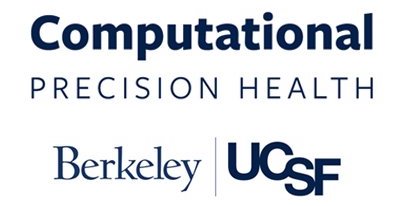Bringing artificial intelligence and machine learning to the clinic
We are pioneers in end-to-end development, validation, and clinical trials to build and demonstrate artificial intelligence tools improve outcomes for patients.
Predicting and reducing the side effects of cancer therapies
We predict side effects with computational approaches to enable early management and reduction to improve cancer care.
Improving treatment of prostate cancer
We create algorithms to predict outcomes and identify the best personalized treatments for patients with prostate cancer.
Optimizing the delivery of cancer care
We develop approaches to anticipate the needs of patients with cancer to ensure they have the resources they need before they need them.
Integrating clinical knowledge and data science
We integrate knowledge of the underlying details of clinical data with machine learning expertise to guide algorithmic development.
The Hong Lab is part of the Department of Radiation Oncology, Bakar Computational Health Sciences Institute, the Division of Clinical Informatics and Digital Transformation (Department of Medicine), and the Center for Real World Evidence at the University of California, San Francisco (UCSF) and the UCSF-UC Berkeley Joint Program in Computational Precision Health.






